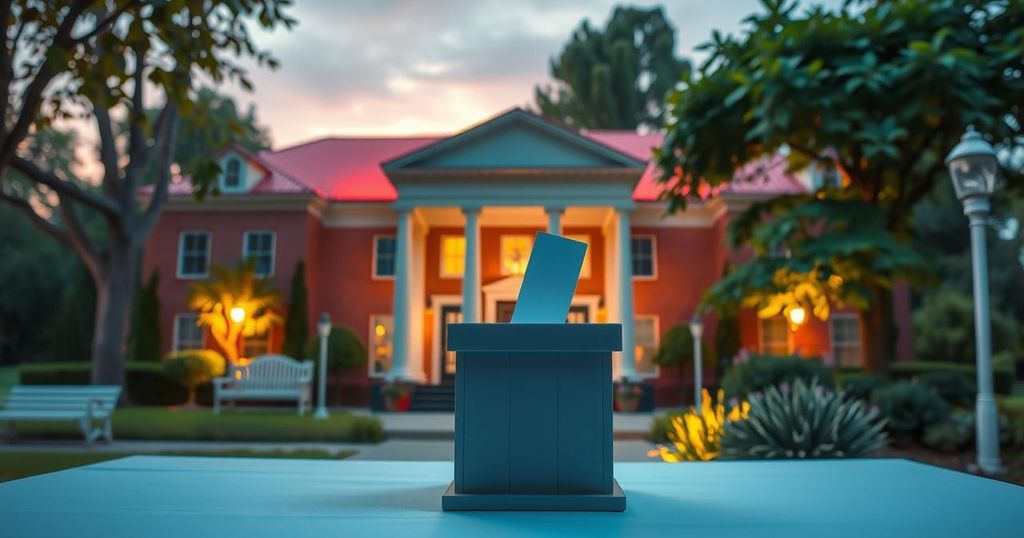Surge in Arab and Muslim Candidates in Illinois Reflects Growing Political Engagement

Activists report a significant increase in Arab and Muslim candidates in Illinois, rising from nine in 2021 to 34 in 2023, largely driven by the Gaza conflict and growing anti-Arab sentiments. Local elections are viewed as vital platforms for amplifying community voices and addressing concerns regarding representation and public policy.
In Illinois, the number of Arab and Muslim American candidates for local office has surged dramatically—rising from nine in 2021 to 34 in the upcoming April elections. This increase reflects a growing sense of urgency among these communities, influenced by the Gaza conflict and a rise in anti-Arab sentiment, according to activists. Ahmad Sows, president of the Arab American Democracy Coalition, emphasizes that this political engagement arises from disillusionment with current representation and rising hate crimes.
Many Arabs and Muslims feel unrepresented by politicians who primarily support Israel, leading them to seek positions in local government where they can advocate for their community’s concerns directly. Mohammed Jaber, an elected member of the District 230 board, highlights the importance of local elections as essential platforms for influencing broader policies regarding the Middle East and changing public perceptions. He points out that local political success can ultimately lead to national influence.
Historically, efforts to elect Arab or Muslim representatives to the District 230 board faced multiple failures, with significant changes manifesting as community involvement increased. Currently, Arab and Muslim students now represent about 25% of the student body in the district. Jaber acknowledges ongoing struggles, such as a recent board rejection of a proposal to adjust exam schedules to accommodate Islamic holidays.
Candidates like Tasneem Amine are inspired by a desire for better representation and the opportunity to contribute positively to their community. Amine believes that increased Arab representation is needed within the board and that all constituents deserve attention, reflecting a commitment to inclusivity.
The rise in Arab and Muslim candidates in Illinois elections signifies a critical shift towards political engagement within these communities, motivated by current events and feelings of underrepresentation. This trend indicates a broader movement across the U.S. that may empower similar communities in other regions. The commitment to local governance by these candidates, as articulated by activists and elected officials, underscores the importance of representation in shaping public policy and community concerns.
Original Source: www.arabnews.com







